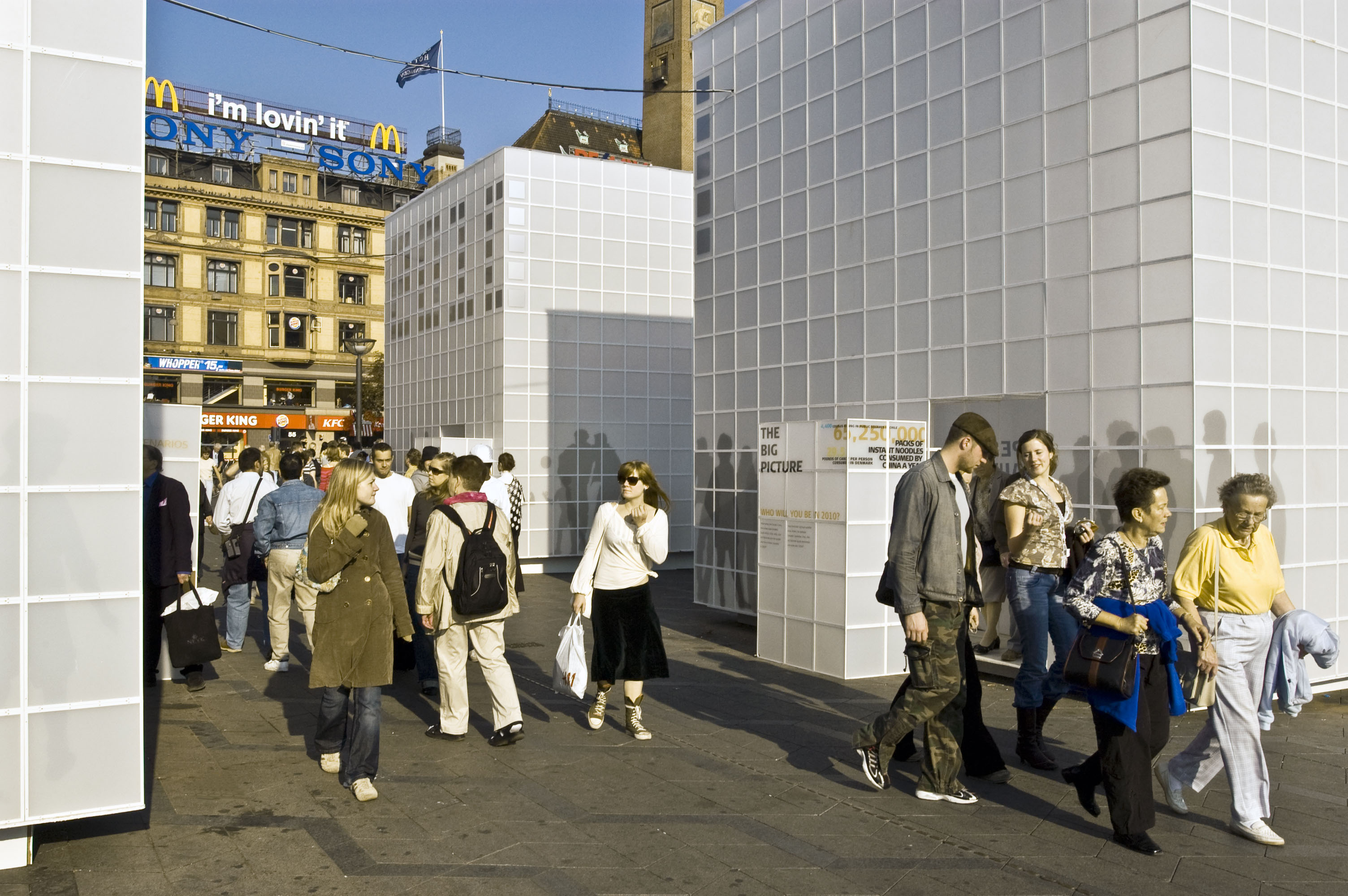The cultural route to conceptualization of urban space
Online IMC seminar by Cordula Vesper and Kristian Tylén, Cognitive Science
Info about event
Time
Location
https://aarhusuniversity.zoom.us/j/5636106271

Abstract
Our experiences of the surrounding cultural and physical environment are largely shaped by conceptualizations originating in social interactions (Tylén et al. 2013, Latour 1996). Through social interactions we align and conform our attentional profiles and representational construal of space (Nölle et al. 2020). This has the implication that aspects of experience of the environment can potentially differ as a function of the cultural group with which we have a history (Majid et al. 2004).
We will present an experimental study that test the hypothesis that there is a dynamical circular causality between environmental affordances and cognitive construal enhanced through language and cultural transmission. We used Virtual Reality to induce spatial affordances and record their implications focusing on the case of urban environments. Participants performed a navigation task first following and later creating instructions to find a target object in an urban environment through several “generations” in a transmission-chain design. In order to investigate the contingencies between environmental affordances, conceptualization and linguistic interaction, half of the participants did the task in an urban space characterized by winded streets and salient colorful building textures (the “Barcelona” condition), while the other half did the task in an urban space characterized by straight perpendicular streets and buildings with desaturated color/texture (the “Manhattan” condition).
Following our predictions, route descriptions differed between conditions and the differences increased over generations. We discuss these findings as evidence that social interaction and language enhance attention to certain types of cues, and that these differences can propagate in a community to form cultural cognition.
References
Latour, Bruno. 1996. "On interobjectivity." Mind, culture, and activity 3 (4):228-245.
Majid, A., M. Bowerman, S. Kita, D. Haun, and S. Levinson. 2004. "Can language restructure cognition? The case for space." Trends in Cognitive Sciences 8 (3):108-114.
Nölle, Jonas, Riccardo Fusaroli, Gregory J Mills, and Kristian Tylén. 2020. "Language as shaped by the environment: linguistic construal in a collaborative spatial task." Palgrave Communications 6 (1):1-10.
Tylén, K., R. Fusaroli, P.F. Bundgaard, and S. Østergaard. 2013. "Making sense together: A dynamical account of linguistic meaning-making." Semiotica 2013 (194):39-62.
Speakers
Cordula Vesper, Associate Professor
School of Comunication and Culture, Cognitive Science
Kristian Tylén, Associate Professor
School of Comunication and Culture, Cognitive Science
